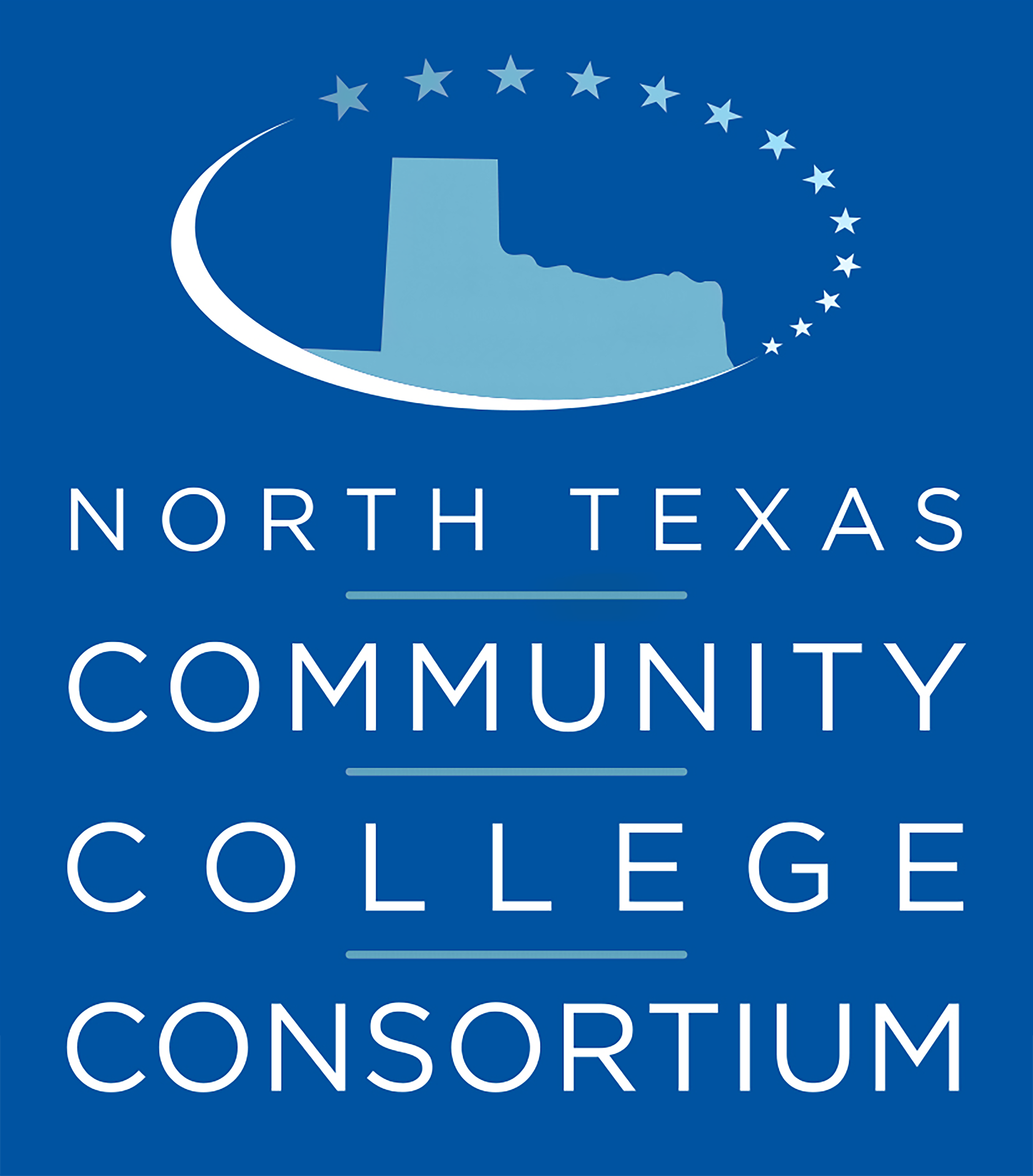Presented at: Early College High School-Dual Credit Conference
Social Change and Identity Development
CLARA Project
Session Description
The Social Change Model of Leadership Development provides the foundation for a leadership program that engages students and employees in self-reflection, awareness building, organizational leadership, civic engagement and social change. Participants will become global citizens who are prepared to lead in areas that are a best-fit for their personal strengths.
Session Goals
Participants will be able to: Identify the tenets of the Social Change Model of Leadership; Understand the format of the Social Change and Identity Development Leadership Program; Analyze the application of the Leadership Program to an ECHS population
Full Description
The Social Change Model of Leadership Development is a solid theoretical framework that integrates established ideas about personal identity development, the leadership development process and the impact of social change within broader macrosystems (Higher Education Leadership Institute, 1996). The model explains leadership development as a process and focuses on that development from the following three essential perspectives: the individual, the group, society. This session will review the ideology behind the Social Change and Identity Development Leadership Program, which uses the Social Change Model of Leadership Development as its foundation. The leadership program, geared towards students and employees, seeks to engage both populations in self-reflection and awareness building, organizational leadership, collaboration, civic engagement and social change. The goal of the program is to create a population of campus and global citizens who are prepared to lead in areas that are a best-fit for their personal strengths. Through the leadership program, students and employees will, ideally, broaden and enhance their personal strengths and leadership skills. These improvements will benefit the participants’ home campus, as well as their local municipalities and may even impact national or global communities, in the long term. Session participants will have an opportunity to explore the application of such a program on their campuses and an adaptation the program to fit the needs of ECHS or DC populations.
